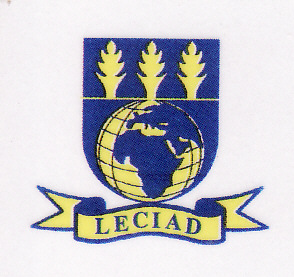The goal of this course is to enable students to analyze the emerging discourse concerning African agency in international relations and its itmodernizationshaping the global normative framework. It begins by examining African agency theory to provide content to examine its position in contemporary geopolitical and economic affairs. The discussion of the African agency and its role in multilateral negotiations are aligned to the birth and rise of the African Union (AU), which is the continent's prime intergovernmental institution, and the voice through which Africa exercises agency internationally on matters such as the United Nations system reform, African Common Position on Climate Change, AU-EU partnership, and the Doha Development Agenda, among others. The course further identifies and analyses the fundamental forces such as the post-Cold War era of multipolarity, the political reforms, and rapid economic growth, fuelled by South-South Cooperation that has led to a significant shift in the global governance architecture, and open doors for Africa to become a global player – it highlights the fact that these factors have propelled Africa from being “the hopeless continent to the rising star”. Special emphasis is given to the ideals of the new generation of African leaders that aim to end the long-term humiliation and colonial domination, and the determination to forge new relationships based on cooperation, mutual respect, and win-win rather than the traditional method premised on paternalism, arrogance, and neo-colonialism. These discussions are further directed at the ‘African Renaissance’ concept – the quest for ‘African solutions for African problems, to illuminate students’ understanding of the agenda to promote African ownership development agenda, policies, and the challenge of Western dominance. Given that this course is multifaceted, it adopts a multidisciplinary teaching approach by drawing on the expertise of Economics, Political Science, and International Relations.
Also, the course augments classroom lectures with applications of other forms of teaching aid such as the use of images (maps, photos), audiovisual, visual, and videos to stimulate students’ understanding of the critical issues regarding Africa agency in global affairs. Atakingtaken this course, students are expected to have developed analytical abilities to know and digest the complex forces that have influenced Africa’s agency in internatpoliticsitical, economics, and govern the system.



